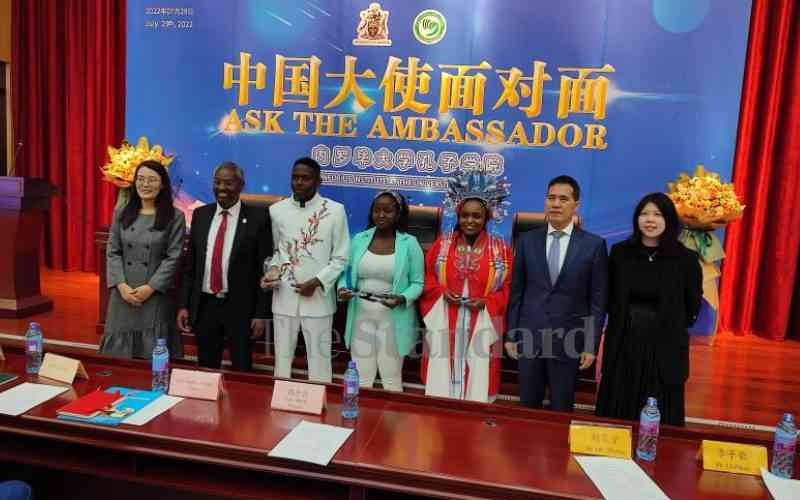×
The Standard e-Paper
Stay Informed, Even Offline

Students in Kenyan universities and high schools have turned to learning Chinese language as an avenue to boost their professional competitiveness in the global job market.
At the University of Nairobi's Confucius Institute, over 500 students are enrolled in different proficiency-level Chinese classes.